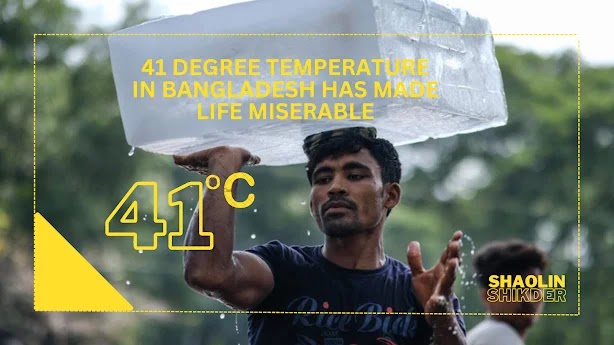The invention of perfume dates back thousands of years and cannot be attributed to a single individual. Instead, perfume has evolved across various ancient civilizations, with each contributing to the development of fragrance-making techniques. Perfume originated from early human efforts to use natural materials like herbs, flowers, and spices to create pleasing scents. Here are some key historical points about the invention of perfume:
1. Ancient Egypt:
- Egyptians are often credited as some of the earliest creators of perfumes, dating back to around 3,000 BCE. Perfume was integral to religious ceremonies, embalming, and daily life, and the Egyptians used ingredients like myrrh, frankincense, cinnamon, and aromatic oils.
- Queen Hatshepsut (1507–1458 BCE), a prominent pharaoh, played a key role in expanding Egypt's perfume industry. She initiated expeditions to the Land of Punt (likely in modern-day Somalia) to obtain rare incense and other materials used in perfumes.
- Kyphi, an Egyptian perfume made of honey, wine, myrrh, and various herbs, was used in both temples and homes.
2. Mesopotamia:
- The Mesopotamians (modern-day Iraq) also made perfumes as early as 4,000 years ago. One of the first known chemists, Tapputi, lived in Babylon around 1200 BCE. She is often considered one of the earliest recorded perfume makers. Tapputi distilled flowers, oils, and other aromatic substances with water to create perfumes, using techniques similar to modern distillation processes.
3. Ancient India:
- In ancient India, perfume-making flourished during the Indus Valley Civilization (circa 3300–1300 BCE). Archaeological findings from this era, particularly in the city of Harappa, show evidence of early distillation equipment and perfumery. Attar (essential oil derived from flowers, spices, or other natural substances) was a significant contribution from Indian culture to the art of perfumery.
4. Ancient Greece:
- The Greeks refined the art of perfume-making and learned from the Egyptians and Mesopotamians. They used perfumes for personal grooming, medicine, and religious rituals. Greek philosopher Theophrastus (circa 371–287 BCE) wrote extensively about the properties of different plants and their use in creating perfumes.
5. Ancient Rome:
- The Romans adopted and expanded upon Greek and Egyptian perfume-making practices. Perfumes were used lavishly in Roman society, not only by the elite but also in public baths, homes, and temples.
6. Persian Influence:
- Persia (modern-day Iran) became a center for the production of perfumes during the classical era. The Persian polymath Avicenna (980–1037 CE) introduced the process of extracting oils from flowers through distillation, particularly rose water, which remains a significant part of modern perfumery.
7. The Arab World and Islamic Golden Age:
- During the Islamic Golden Age, the Arab world made great advancements in the chemistry of perfume. Scholars like Al-Kindi (801–873 CE) wrote extensively about perfumes and the distillation of essential oils. His "Book of the Chemistry of Perfume and Distillations" included recipes for hundreds of perfumes, ointments, and aromatic products.
- Jabir ibn Hayyan (721–815 CE), considered the father of chemistry, also contributed to refining distillation techniques that were crucial for extracting fragrances from raw materials.
8. The Renaissance and Modern Europe:
- In the Renaissance, perfume production gained prominence, especially in Italy and France. In 16th-century France, the art of perfume-making reached new heights, with Catherine de' Medici, the queen consort of France, being a notable patron of perfumery. Her personal perfumer, René le Florentin, created custom scents for her and is believed to have helped establish France as a leader in the perfume industry.
- Grasse, in the south of France, became the center of the European perfume industry during the 17th century. Initially a hub for tanning leather, Grasse switched to perfume production when demand for scented products grew. To this day, Grasse is considered the perfume capital of the world.
Summary:
Perfume was not invented by a single person but evolved over millennia, with significant contributions from ancient civilizations such as the Egyptians, Mesopotamians, Indians, Greeks, and Persians. The development of distillation techniques by scholars like Tapputi, Avicenna, and others was pivotal to modern perfume-making. France eventually became the center of perfume innovation, particularly during the Renaissance, solidifying its place in the history of modern perfumery.








